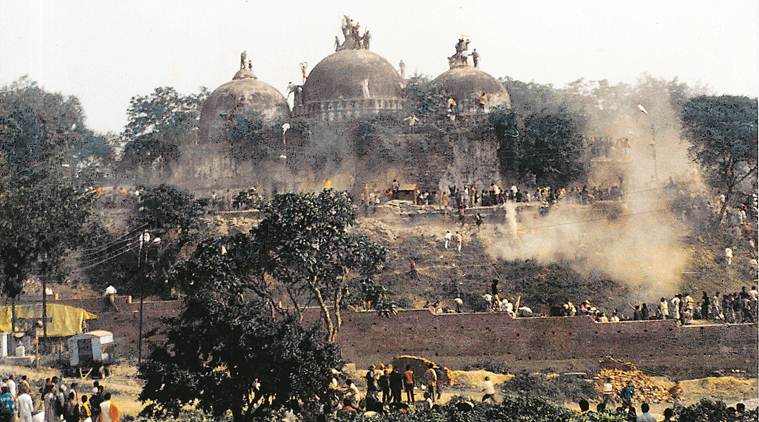The mediation trap
Framing of the arbitration in Ayodhya dispute as an attempt at reconciliation raises questions.

The Ram Janmabhoomi-Babri Masjid dispute has long been accompanied by a sense of foreboding. The dispute has been historically charged, politically divisive and communally violent, putting both the nation and the Constitution at risk. So putting the dispute into mediation under the aegis of the Supreme Court evokes a resigned weariness. For decades, the Court abdicated its role and is now openly admitting that conventional legal and constitutional tools are powerless in the face of faith. So it is placing its hopes for “reconciliation” on mediation. The keenness to take this issue off the agenda is such that all parties hope India can move past the Ayodhya moment. It is hard to grudge an attempt at “reconciliation”.
But the weariness leading us to accept the mediation is also accompanied by a profound wariness of what might transpire. Before we come to the politics, it is hard not to remark on the spiritual hollowness of this moment. What is the framing of the mediation that should be acceptable? If the mediation is about getting the parties to the title dispute agree to an outcome, this remains something like a property mediation. If the framing is of reconciliation, then the question is: Who exactly is meant to reconcile with whom? And on what terms? The very framing of this dispute as one that requires reconciliation is an admission of defeat. It is an admission that the dispute is not going to be adjudicated on the terrain of truth, justice or due process.










.png)




























No hay comentarios:
Publicar un comentario